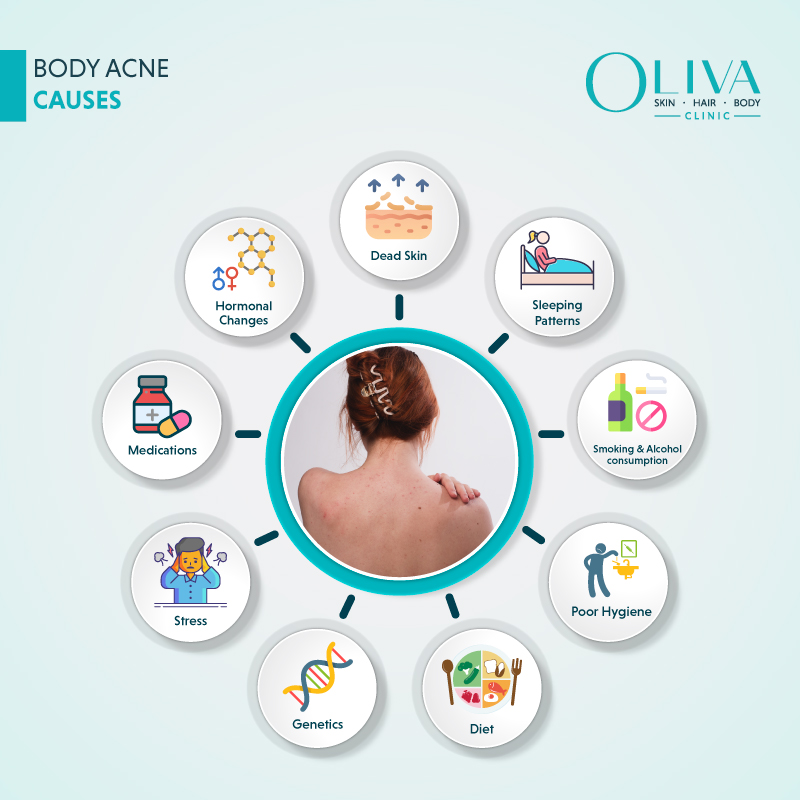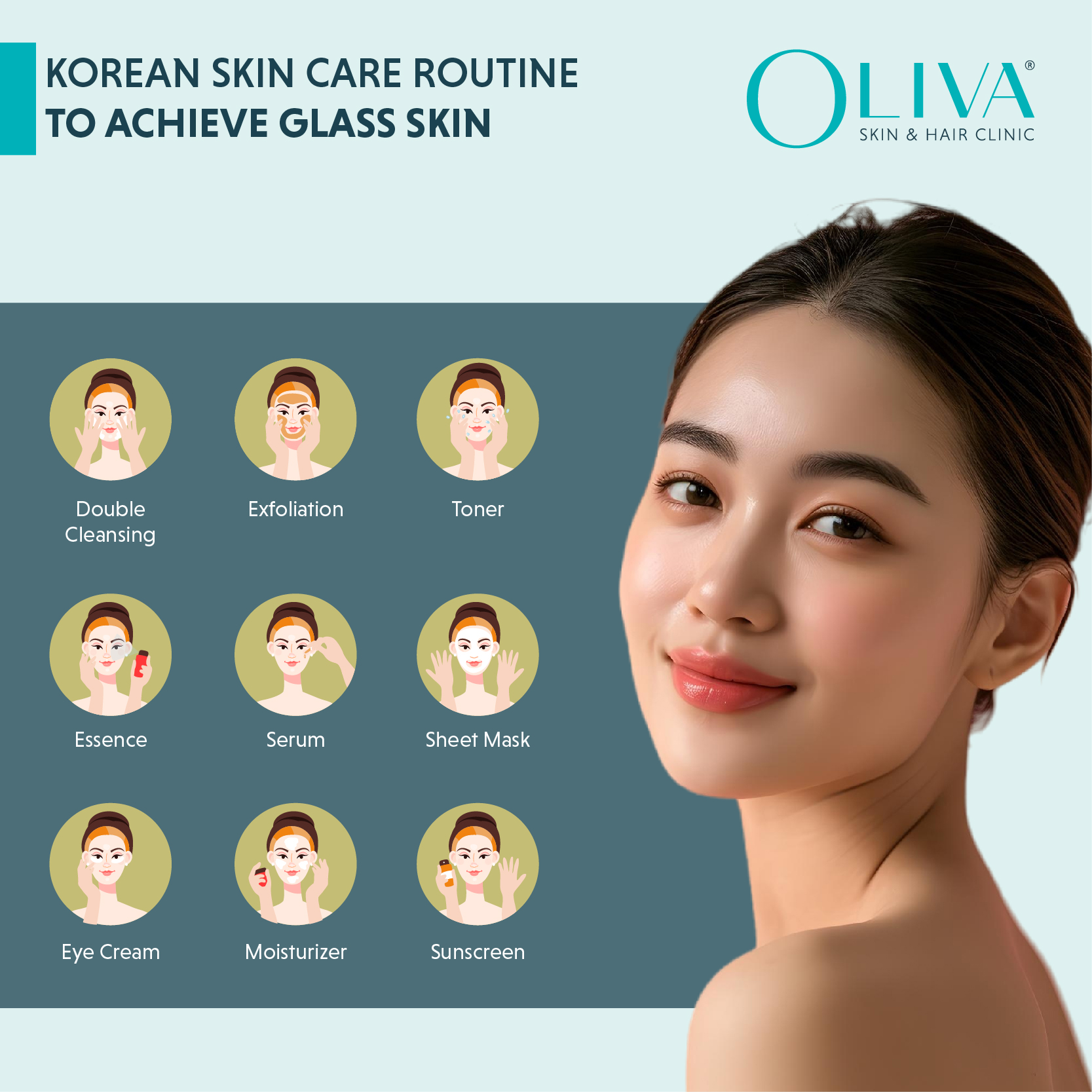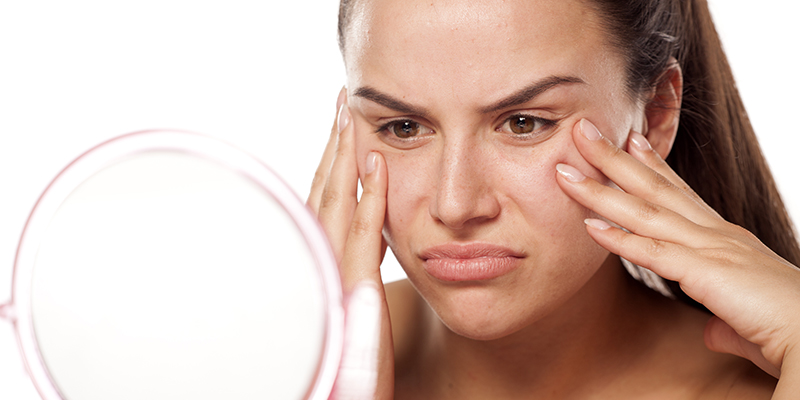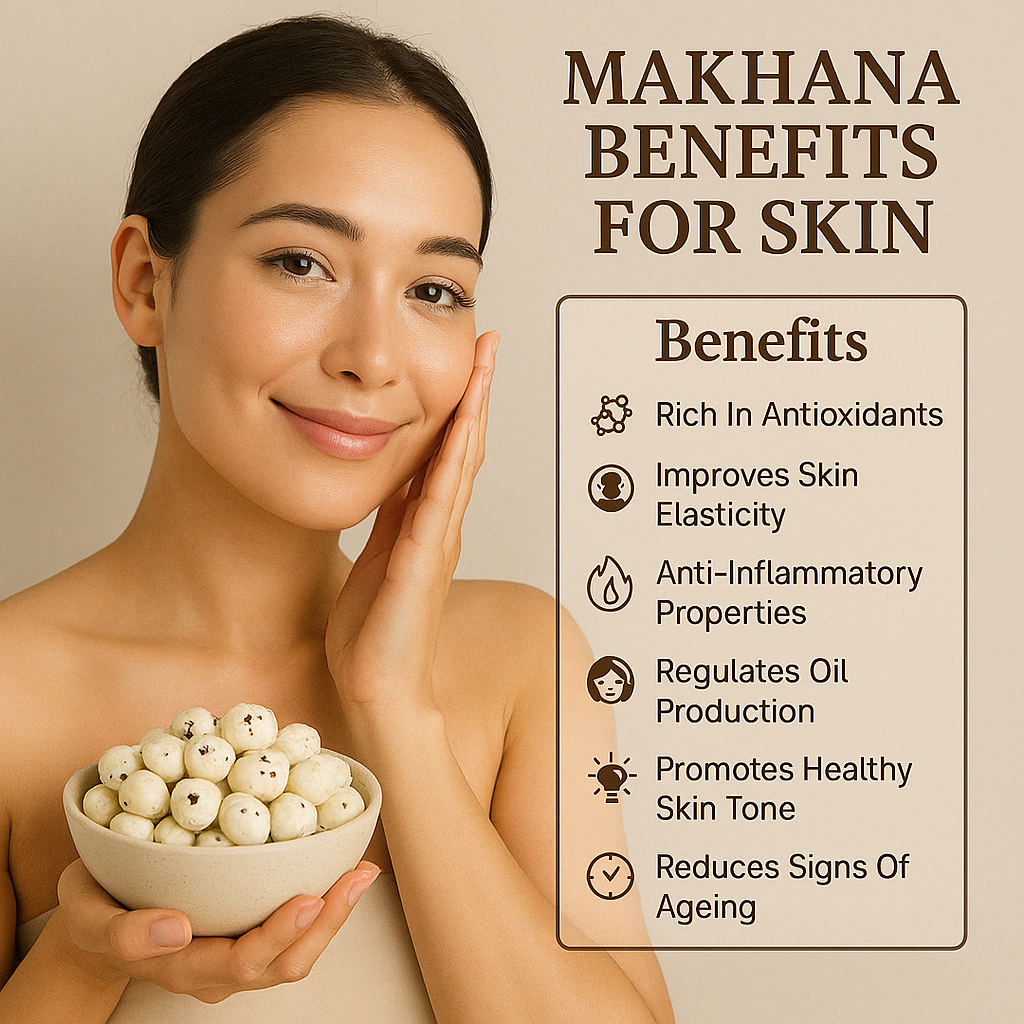In This Article
Best Ingredients to Look for in Acne-Fighting Skincare Products: Expert Guide to Clearer Skin
Acne is a common skin condition that affects not just teenagers but also adults. Acne occurs when skin pores become clogged with sebum, dead skin cells, dirt or grime. One should always follow the right skincare routine when caring for acne-prone skin. Additionally, they should include the right skincare products in their routine with acne-fighting ingredients. With many acne products available in pharmacies and drug stores, it is important to know what main ingredients to look for and what to avoid. In this article, we will discuss everything about the acne skincare ingredients that are beneficial for your skin, what ingredients you should and should not use. Continue reading to learn why ingredients matter in the acne treatment.
In This Article
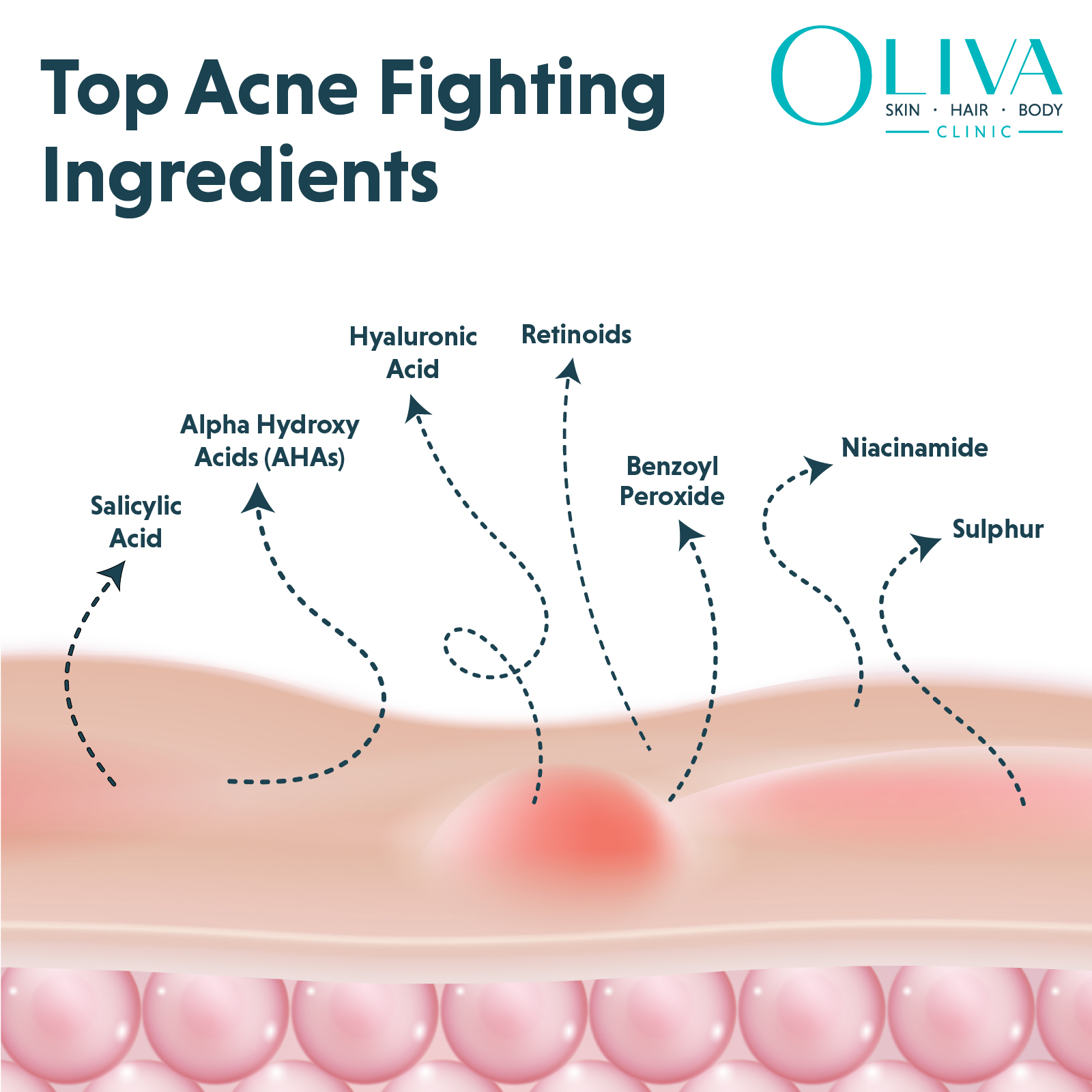
Why Ingredients Matter in Acne Treatment?
When it comes to treating and managing acne, skincare ingredients play a crucial role, as they target the underlying causes. These ingredients can help control oil production, reduce breakouts, and prevent scars. Certain ingredients contain mechanisms that regulate excess bacterial growth, exfoliate dead skin, reduce inflammation and improve overall skin health. It is essential to look for acne-fighting ingredients that are most effective in dealing with acne and related challenges.
Top Acne-Fighting Ingredients to Look For
One of the biggest mistakes that people with acne-prone skin make is they use products with ingredients that are counterproductive. Always remember that not all these ingredients are created equal, and every skin reacts differently. That said, they work better for some, depending on their skin type and the cause of their breakouts. Here are the best skincare ingredients for treating acne:
- Benzoyl Peroxide: Benzoyl peroxide [1] is the most popular over-the-counter ingredient used for acne treatment. This acne-fighting ingredient helps kill acne-causing bacteria, reduces inflammation and prevents new breakouts. Additionally, it exfoliates the dead skin cells from the skin’s surface and prevents the formation of blackheads and whiteheads. The USFDA has classified benzoyl peroxide as safe and effective for acne treatment, and it is usually found in many acne-fighting products like cleansers, creams, gels, and spot treatments.
- Salicylic Acid: Salicylic acid [2] is a beta-hydroxy acid (BHA) that works as an exfoliant. This powerful anti-acne ingredient exfoliates the skin, helps remove dead skin cells, and reduces redness and inflammation. It regulates oil production and prevents the pores from clogging, thereby preventing new breakouts. You can find salicylic acid in many acne-fighting products like cleansers, lotions, gels, and spot treatments.
- Alpha Hydroxy Acids (AHAs): Alpha Hydroxy Acids (AHAs) are known for their exfoliating properties. They exfoliate the skin and remove dead cells that clog the pores and cause acne. They promote cell turnover, improve the skin’s overall texture, and give a smoother and brighter complexion. They are available in many skincare products, including serums, cleansers, and toners.
- Retinoids: Retinoids are natural derivatives of vitamin A that offer various benefits apart from treating acne. These help unclog pores, reduce inflammation, and increase cell turnover. Retinoids help reduce sebum production, a contributing factor to acne formation. It promotes collagen production and improves the overall texture and appearance of the skin by minimising acne scars and hyperpigmentation. Retinoids are available in many creams, gels, and serums.
- Niacinamide: If you are looking for a gentle skincare ingredient that is suitable for all skin types, especially sensitive skin, niacinamide [3] is your best bet. It is a form of vitamin B3 that helps regulate sebum production. It has anti-inflammatory properties that help reduce inflammation and redness associated with acne. It improves overall skin health by strengthening the skin barrier and preventing moisture loss. It is found in various skincare products such as moisturisers, serums and toners.
- Azelaic Acid: Azelaic acid is yet another acne-fighting ingredient that is good for people with sensitive skin. It has antimicrobial and anti-inflammatory properties and is effective for mild to moderate acne. It reduces inflammation, kills acne-causing bacteria and encourages cell turnover. It is commonly available in the form of cream and gels.
- Hyaluronic Acid: Hyaluronic Acid is a popular skincare ingredient that protects your skin against acne breakouts. It reduces excess sebum production, thereby preventing clogged pores and breakouts. It has hydrating properties that help balance the skin’s moisture levels and strengthen the skin’s natural barrier. It is available in the form of serums, creams and lotions.
- Tea Tree Oil: Tea tree oil [4] offers multiple benefits for acne. It has both antimicrobial and anti-inflammatory properties, making it a good choice for treating acne-prone skin. It helps reduce oil production and bacteria and shrinks the size of pores. It is effective for mild to moderate acne. It is commonly found in the form of serums, cleansers, lotions and face packs.
- Sulphur: Sulphur is yet another popular acne-fighting ingredient that works just like benzoyl peroxide and salicylic acid. It has antibacterial [5] and anti-inflammatory properties that help reduce acne. It regulates bacterial growth and reduces redness and inflammation. Sulphur helps exfoliate dead skin cells that block the pores and reduces sebum production. It is mostly available in the form of creams, lotions, ointments, soaps and masks.
Ingredients to Avoid in Acne Products
Certain ingredients can aggravate your condition by worsening acne and inflammation. If you have acne-prone skin, make sure to avoid using skincare products containing the following ingredients:
- Denatured Alcohol: While ingredients like denatured alcohol can kill acne-causing bacteria, they can dry out the skin and stimulate the oil glands to produce more oil. Moreover, they can irritate the skin and disrupt the skin’s natural barrier.
- Fragrance: Many skincare product manufacturers use fragrance components in their products. These fragrances contain alcohol and can irritate and dry out your skin. If you have acne-prone skin, avoid using products that contain essential oils and natural fragrances.
- Sulfates: Commonly found in cleansers, moisturisers and shampoos, sulfates are not suitable for acne-prone skin. Although sulfates are great at cleansing, they can strip natural oils from the skin and make it dry. They will also disrupt the skin barrier, clog pores, and trigger the sebaceous glands to produce more sebum, leading to the formation of acne.
- Parabens: Often found in most skincare products, parabens are preservatives used to make up fresh. Parabens can cause redness, irritation and inflammation and worsen acne.
- Oxybenzone: Oxybenzone is a chemical used in most sunscreens and other skincare products to shield the skin from sun damage. However, it can cause irritation and result in redness, itching and inflammation. It can contribute to the blockage of pores and worsen acne breakouts. Instead, look for products containing ingredients like zinc oxide and titanium dioxide.
- Artificial Colours: Skincare products often contain artificial or synthetic colours. These can irritate the skin, and block the pores. Alternatively, look for products that are labelled hypoallergenic.
- Mineral Oil: Although mineral oil is non-comedogenic, it can clog pores by trapping bacteria, dirt and other impurities.
- Lanolin: Lanolin is a common ingredient found in most skincare products and moisturisers. It can clog pores and lead to breakouts. It can also cause skin irritation and allergic reactions.
- Cocoa Butter: Although cocoa butter is an excellent moisturiser, it is highly comedogenic and can clog the pores
- D & C Red: D & C red pigments are comedogenic ingredients that give colour to your products. These pigments clog the pores and can also cause irritation and inflammation, further aggravating acne.
Tips to Choose the Right Product for Your Skin Type
Choosing the right acne products with the right ingredients is always important. Moreover, one should pick products that match their skin type. Choosing the wrong ones can lead to irritation and breakouts.
Here’s a simple guide to help you choose the right ones:
- Oily & Acne-Prone Skin: If you have oily and acne-prone skin, all you need are products that help control excess oil and keep your pores clear. Look for non-comedogenic products with oil-free formulas. Ingredients like salicylic acid, niacinamide, or benzoyl peroxide are your best bet.
- Dry & Acne-Prone Skin: Individuals with dry and acne-prone skin need products that fight breakouts without stripping away essential moisture. Look for hydrating products that include ingredients like hyaluronic acid or ceramides to keep your skin plump, often paired with an acne-fighter like azelaic acid.
- Sensitive & Acne-Prone Skin: Stick to fragrance-free products that are gentle and mild. Ingredients like zinc PCA, green tea extract, or sulfur can be soothing. Avoid products containing harsh alcohols and strong exfoliants, as these can really irritate your skin and cause flare-ups.
- Combination Skin: For combination skin, you’ll need a balanced approach. Try using lightweight gels with niacinamide or salicylic acid for oily areas (like your T-zone) and moisturisers containing ceramides for dry areas.
NOTE:
When purchasing skin care products, always look for acne-fighting ingredients. Also, try to build a skincare routine that works for you. Before trying out any new product on your skin, do a patch test first and look for any irritation or allergic reactions. If you are unsure about what products to choose, consult a dermatologist for an expert opinion who will recommend ingredients as per your skin type.
Takeaway
It is important to understand that getting your acne under control and managing oily skin is all about using the right ingredients for your specific skin type. When you do this, you’re already halfway there. Don’t just grab any product off the shelf; look for those that are clinically backed and dermatologist-recommended, as they’re formulated to deliver real results without causing more problems. Remember, every skin is unique, and sometimes, even the best over-the-counter products aren’t enough. That’s why it’s incredibly important to consult a dermatologist. They can provide a safe, accurate diagnosis and craft a customised treatment plan for your acne to achieve clear, healthy skin. Book a consultation with a trusted dermatologist today and get the personalised and acne-free solution!



